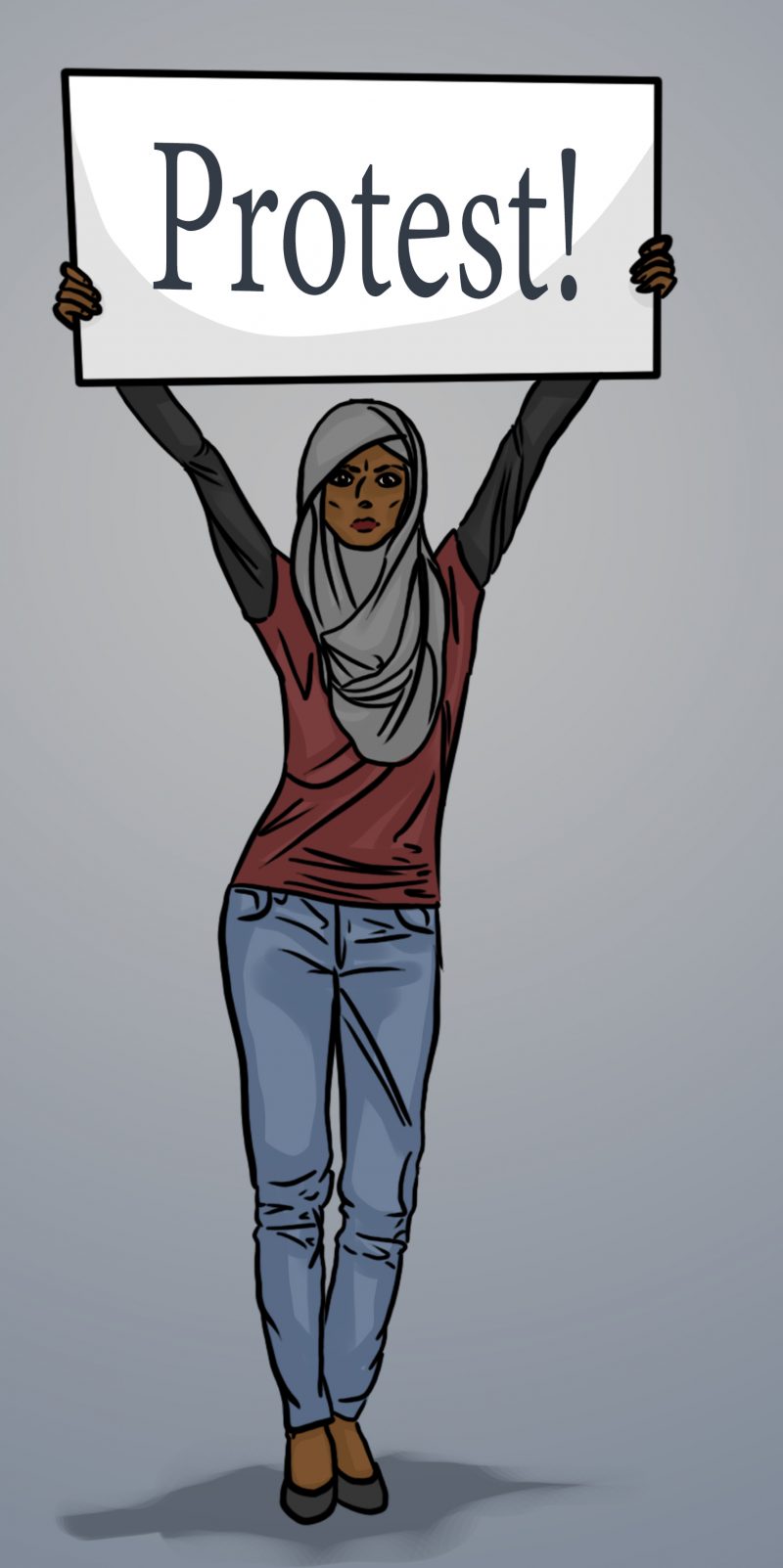Trinity University policies are currently undergoing changes that may be implemented next semester. According to Jamie Thompson, director of Student Involvement, a committee made up of faculty and SGA senators is reviewing existing policy related to free speech, events, facilities use and more. They are considering potential new policies that would tie together certain polices and procedures.
In the fall, Danny Anderson, president of the university, convened an ad-hoc committee to look over the university policy that the SGA senators are reviewing. The committee was led by faculty emeritus Don Van Eynde and consisted of several other staff members and one student.
After reviewing in the fall, the committee decided that policies regarding free speech and organizing events was in need of revision and drafted some suggestion policies. This revision project has been handed off to a new ad-hoc committee made up of new and old committee members who will look over and revise the work of the previous committee. This committee includes two SGA senators and a range of faculty: the list includes Jennifer Adamo from Risk Management; Justin Michaelson from Conferences and Special Programs; Tess Coody-Anders, vice president of Strategic Marketing and Communication; Don Van Eynde, professor emeritus; Duane Coltharp, associate vice president for Academic Affairs; David Tuttle, dean of students and Jamie Thompson from Student Involvement.
Thompson believes the committee will consist of faculty and one or two students. Their work will take place over the summer, where they will review suggestions from last fall and develop a plan for implementing revised policy concerning free speech and campus safety. They are unsure when this process will be complete.
Some policies that are specifically being reviewed include the use of Trinity University facilities policy that appears in the Faculty and Staff Handbook and the Student Organization Handbook — specifically the event-planning process relating to external speakers, the open flames policy and the weapons policy.
“This is a general best practice — to review and examine policy on an ongoing basis to ensure policy still meets the needs and culture of the organization,” Thompson said.
According to Thompson, many universities across the U.S. are implementing policy that ensures the safety of their campus while still encouraging free speech and learning opportunities, and Trinity is following in suit.
“This work is about updating and tying together existing policies related to the statement on student rights and responsibilities, rather than the wholesale creation of a new ‘protest’ policy,” said Coody-Anders. “This all falls under the umbrella of ensuring the university is intentional and clear about its efforts to protect free speech on our campus and yet provide safeguards that ensure the safety of our campus, particularly from the potential of outside groups.”
Currently, the statement claims the right for students to “hold demonstrations, distribute information and express opinions,” so long as the expressions don’t disrupt the regular operations of the university.
According to the current policy, organizations who want to sponsor speakers, to schedule events or to reserve university facilities must follow approved procedures, and these policies and regulations do not restrict the content of the speaker’s message.
“In my opinion, the proposed new polices or modifications to policies will provide guidance that elaborate on and contextualize the statement on student rights and responsibilities,” Thompson said. “[This committee] is a great group with an important task. Ultimately, we’re examining policy that will enable the entire campus community to host informative, educational and engaging events while at the same time mitigating risk through a streamlined process.”







